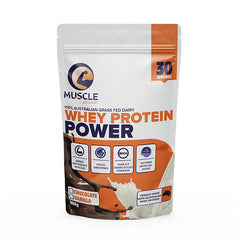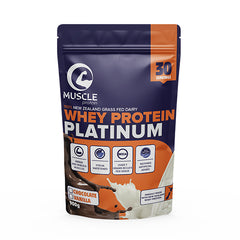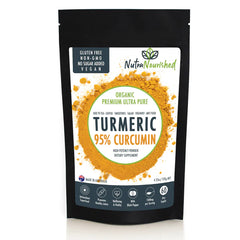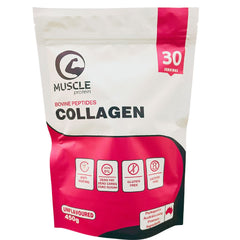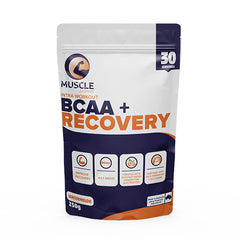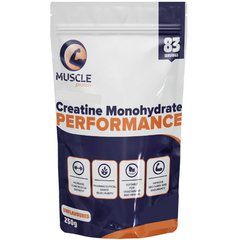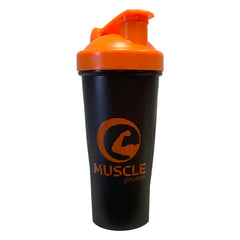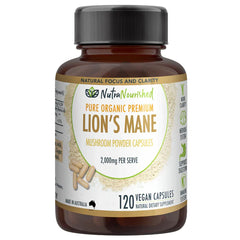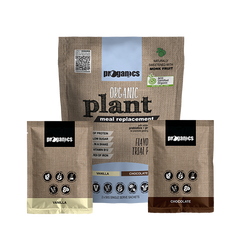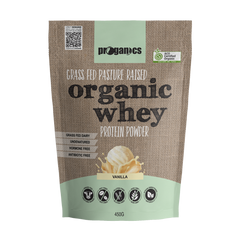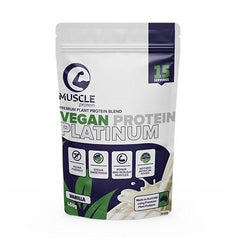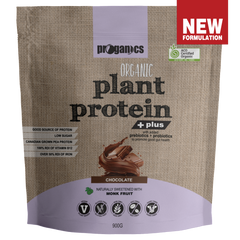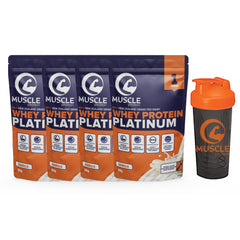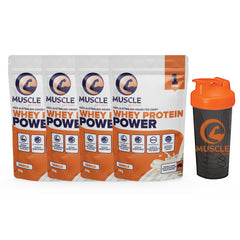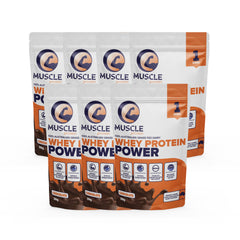Protein needs for endurance athletes

Protein needs for endurance athletes
Although carbohydrates are the primary fuel that feeds endurance athletes, increased protein levels are also needed to stay healthy. Protein has long been associated with post exercise recovery, as the body is more likely to have what it needs to repair and replenish itself from the damage experienced during training. However it is also needed for during exercise, as the body burns some amount of protein during activity when carbohydrate stores run low.
- Protein is needed for the formation of haemoglobin, which carries oxygen to exercising muscles
- It’s critical for controlling fluid volume and maintaining water balance
- Proteins are broken down into amino acids that can be drawn from when carbohydrate stores are low
- The Branch Chain Amino Acids (BCAA) found in protein are critical in repairing muscle damage and help to synthesise muscle production for building lean muscle
How much is needed:
For most active individuals not under heavy training load, 12 – 15% of their daily calorie consumption should come from protein. However, when training intensity, volume, or both increase, athletes may need to take in 15 – 20% or more of their daily caloric requirements from protein.
Aim for 1.4-1.6g/kg of protein per day. That’s 105-120g for an endurance athlete weighing 75kg, for example.
Timing is also important to ensure you’re getting the most out of each serve. Ideally, protein should be consumed one hour before training. There’s also a 30 minute window post-exercise when protein is beneficial for recovery.
What to look for in a protein:
There are two main components in any protein. One is the branch chain amino acids (BCAA) that make protein the key to recovery and muscle synthesis. The other is whether or not they are essential or nonessential. Essential proteins are those that are not produced naturally by the body, and thus need to be ingested. Non-essential proteins occur naturally in the body, and don’t need to be consumed in the diet.
Whey (sourced from milk) and soya, pea or bean (vegan) are considered the highest quality protein, in terms of their effect on muscle protein synthesis, due to their BCAA content.
Our PLATINUM protein:
Our PLATINUM range is sourced from premium grass-fed New Zealand dairy cows and is 90% whey protein isolate. It is also soy, gluten, and filler-free and has no added sugars. It contains 9 essential amino acids, as well as non-essential amino acids.



